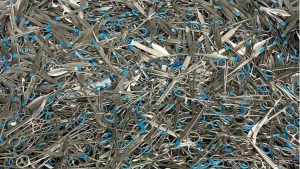Digital training and performance support: The future of ‘on and off’ the job training
Ritsaart van Montfrans · · 7 min readKeeping up to date with the latest knowledge, skills and technological changes in the operating theatre can be a tough challenge. With limited time for further training, surgical professionals are often dependent on each other, while medical techniques and technologies continue to advance at a rapid pace.
In the past, surgical staff obtained their diploma and gained experience by working in hospitals. Once in a while, they joined a conference or a clinical class, and that was enough. Today we are increasingly dealing with innovation in the operating theatre; from digital imaging techniques to complex equipment that requires new analytical and problem-solving skills.
— Diederich Cornelisse, Theatre Manager at the Leiden University Medical Center (LUMC)
Research by Incision, a surgical performance platform aimed at educating and supporting surgical professionals, shows that the speed at which medical innovation occurs is a challenge for the surgical team. The survey shows that 36% of surgical team members feel the need to learn at least once a week. A staggering 62% indicate that they find courses on (new) surgical technologies relevant to improving performance in the operating theatre.
From time to time, everyone needs educational support. No matter what your reason is, learning is the way to achieve it. And it starts with having access to training and knowing what to prepare for.
Incision uses a framework called the ‘5 Moments of Need’ which identifies great ways of how you can train, learn, and improve, both on the job and off the job. This framework will enable you to gain and sustain effective on the job performance. Whether you’re a student, registered nurse, surgical technologist, or team lead, the ‘5 Moments of Need’ can help you and your team improve their skills.
The Five Moments of Need
1. Learn new
When you learn something new, you are learning to do something for the first time. Hospitals often use a curriculum for mandatory in-service education.
Typically using one-on-one teaching, the old master/apprentice method, often with limited technical support. This method of teaching requires a lot of time from supervisors, teachers, and admin staff, making it difficult to train new people, especially if the staff turnover is high, and many people need to be trained.
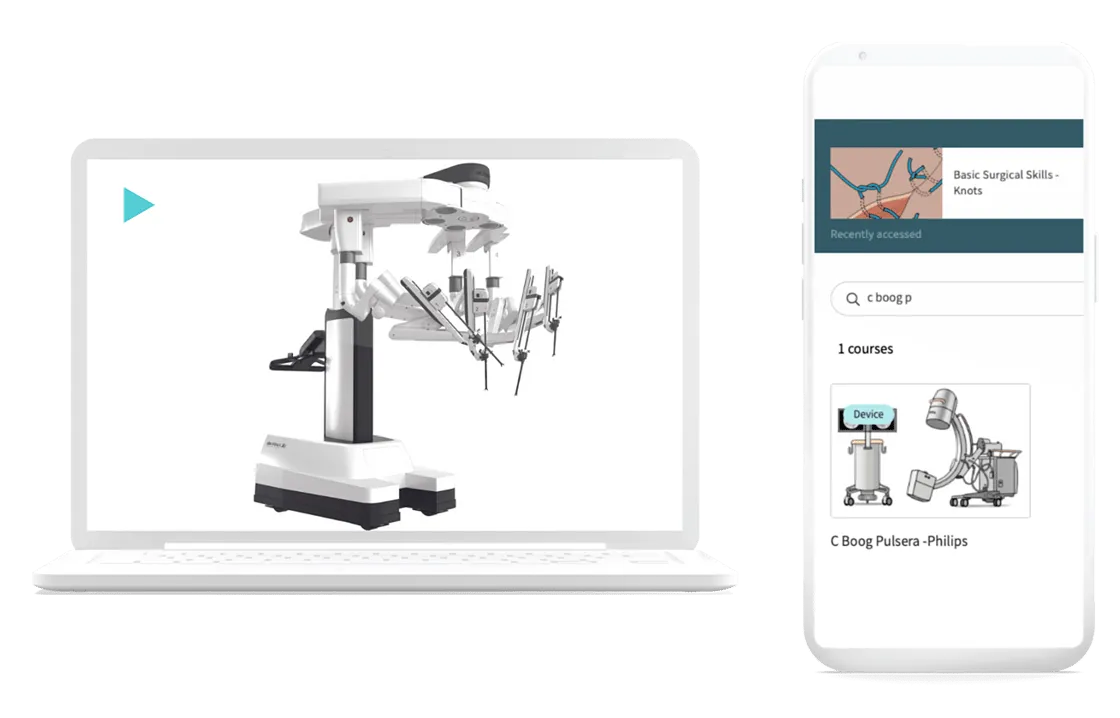
At Incision we believe learning can be done more effectively and efficiently, that’s why we are using technology to support blended learning, combining on the job learning with off the job learning through video content, step-by-step learning, and 3D anatomy. By using digital multimedia technology for surgical training, we can close the gap between theory and practice.
2. Learn more
When you learn more, you are expanding your knowledge and skills. With new techniques and devices being introduced continuously, it is key that you find time in your busy schedules to train for this.
Increasingly, hospitals want their teams to be flexible, so they can be efficient when it comes to planning and scheduling to ensure they have the right team per procedure. Learning more will not only help the theatre manager plan better, but it will also help you to stay ‘all-around’, benefiting you whenever you consider a career move.
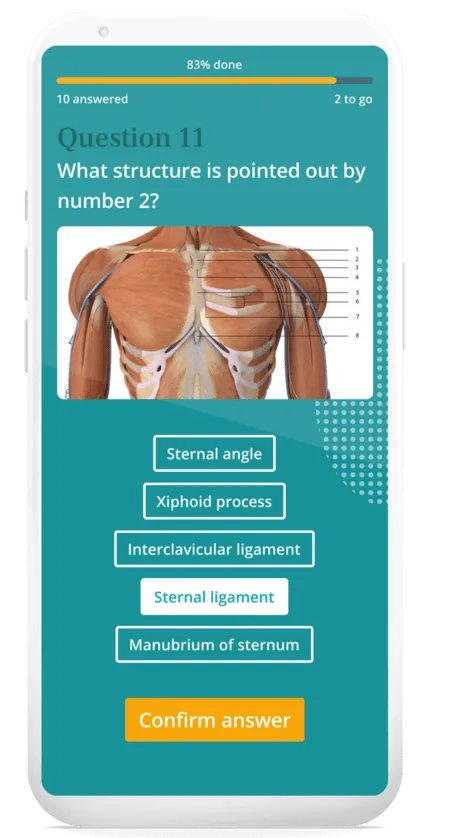
Incision has created adaptable learning solutions so that you and your team can benefit from flexible learning in your own time, or on the job. The content comes in various sizes and includes interactive quizzes. What’s more, you will always have direct access to the latest information about a procedure or device.
3. Apply
When you ‘Apply’ your learning, you are using the knowledge and skills at work. Applying the knowledge in practice can be a big challenge, especially in a busy theatre environment. In addition, there are many basic (often practical things) you need to know before you can ‘Apply’.
Hospitals carefully record how procedures should be performed and what items are needed for surgery. However, these ‘instructions’ are not always easy to follow. In particular, finding and remembering the preferences of different surgeons can be challenging. If the flow of supporting work by the team is not ideal, for example, IV on the wrong side, ECG stickers misplaced, missing instruments, miscommunication about required implants, it can slow down the pace of the entire team, resulting in a lot of sorry’s and repair work. Incision is currently building a digital assistant that will help surgical teams to better align ahead of theatre as well as during the day in the theatre, covering this need. By registering all the protocols and preference cards in an easily accessible app, we’re providing the right information, to the right person, at the right time.
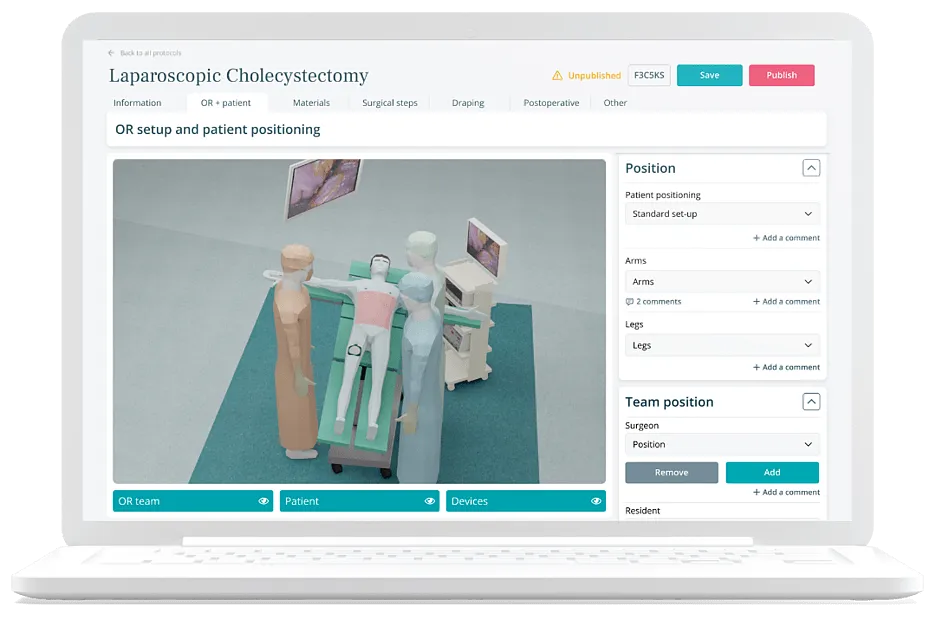
4. Solve
Solve applies when you need to find a solution for your problem. Finding solutions is a core competence in an environment where a day in the operating theatre is always different and unexpected. Complications occur frequently in surgery, and surgical teams are trained to deal with them. The way in which teams do this differs a lot between hospitals. Theatre managers often indicate that they would like to see more ‘joint problem solving’ - anticipating a patient complication or knowing how to deal with equipment malfunction instead of calling the technical department for help and wasting precious time. Other industries have workflow support tools for this, like handbooks in airlines for example, but this type of support tool is not available in the operating theatre. Incision has developed workflow tools to help surgical teams work more efficiently, these include key pieces of information such as knowing exactly what to do when certain errors occur.
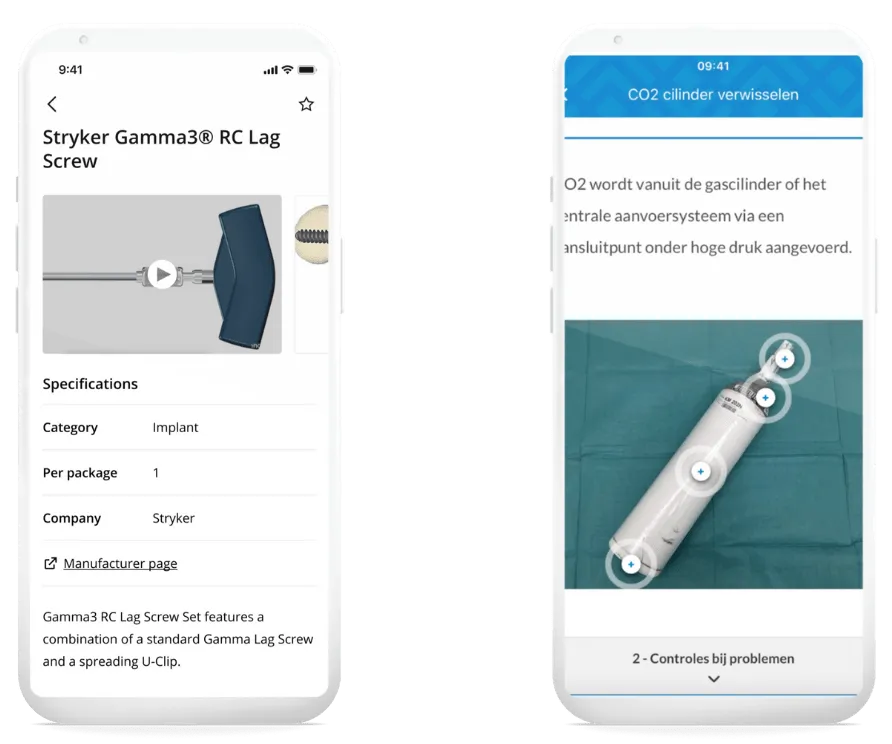
5. Change
Change is about unlearning and relearning, in essence changing the way you work. At Incision, we believe that you need ‘Lean Management’ to improve your way of working, meaning you work with feedback loops to make small improvement steps every day. So how does that work? ‘Lean’ records the events of the day that you want to ‘Keep’, and the ones that are a ‘Problem’ are used to define ‘Try’ as an experiment to find a solution for the problem. Such activities are rare in the operating theatre, however, the best teams capture new ‘learnings’ each day, they then use the ‘learnings’ the next day in the daily briefing, and so on… to grow as a team.
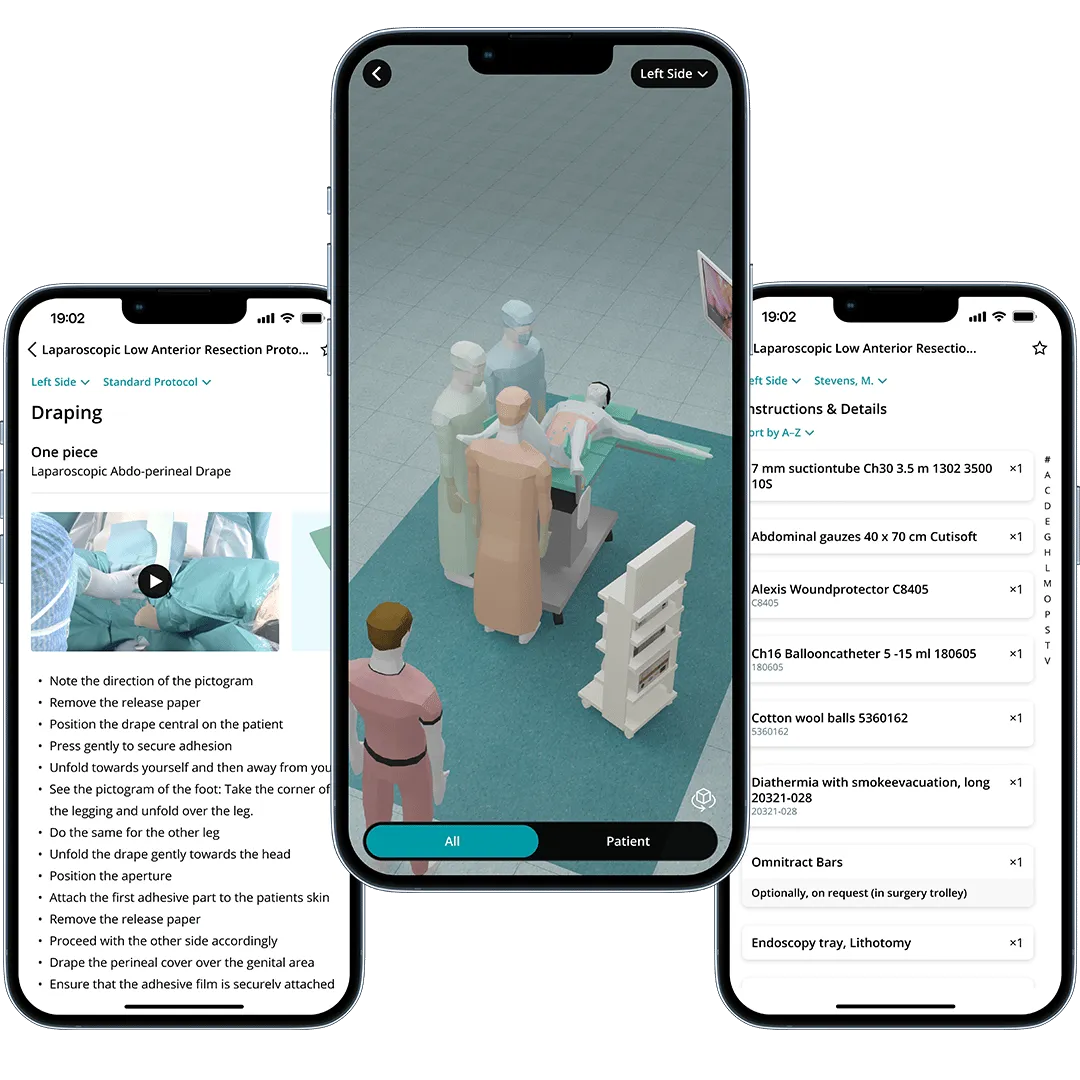
At Incision, every day we are learning and improving ourselves through the application of ‘Lean Management’. We work with proactive individuals from all over the world to understand how ‘on and off’ the job learning can be implemented sustainably. Why? Because we believe digital training and performance support will empower people working in perioperative practice to manage their development. We try to facilitate them in the best way possible, honoring the amazing work they deliver each day.
Curious about Incision Assist?
Be one of the first to get your hands on the demo app.



